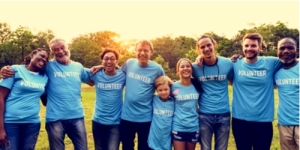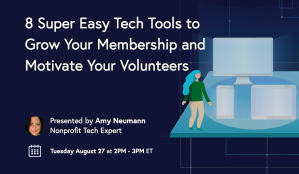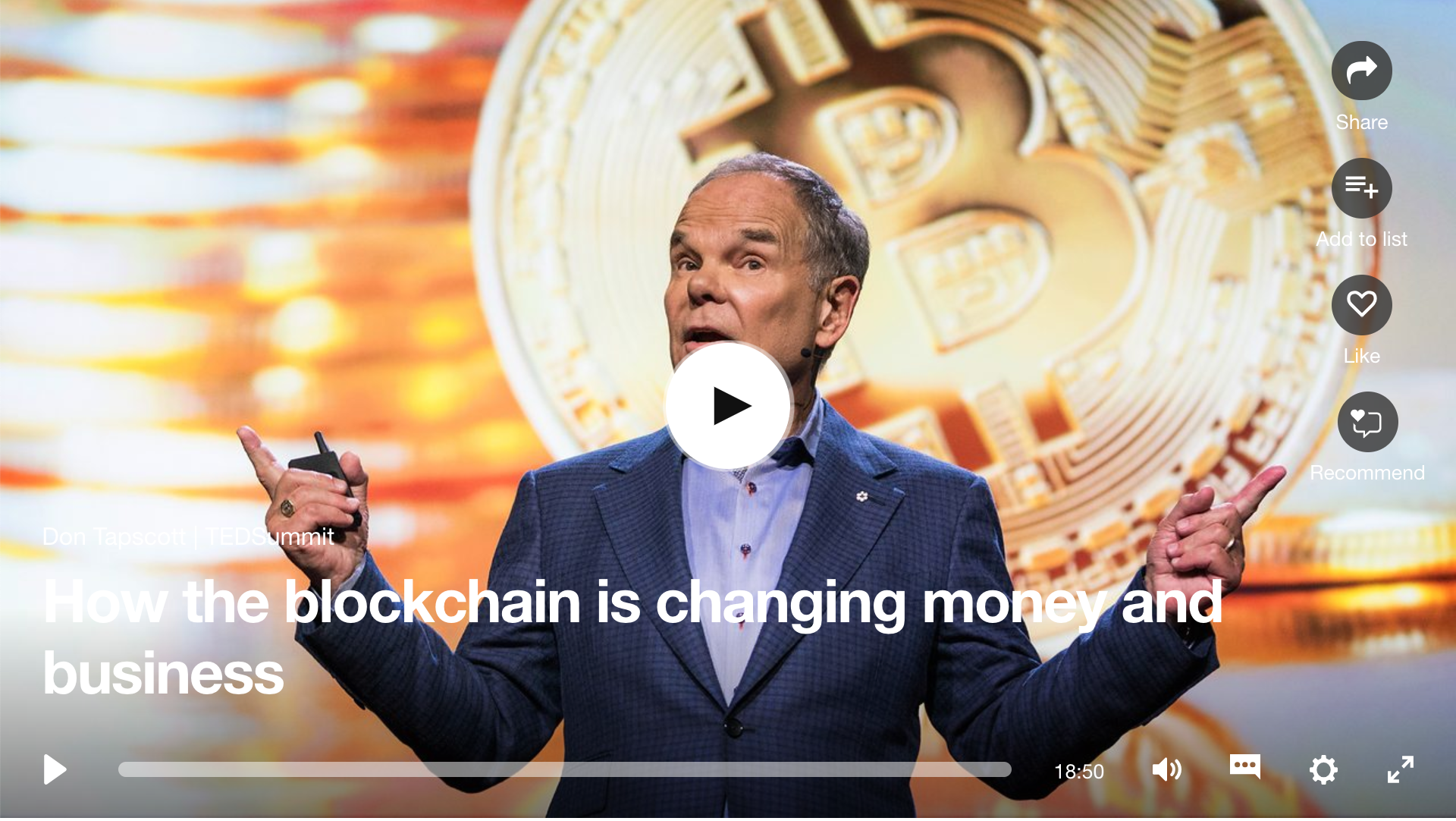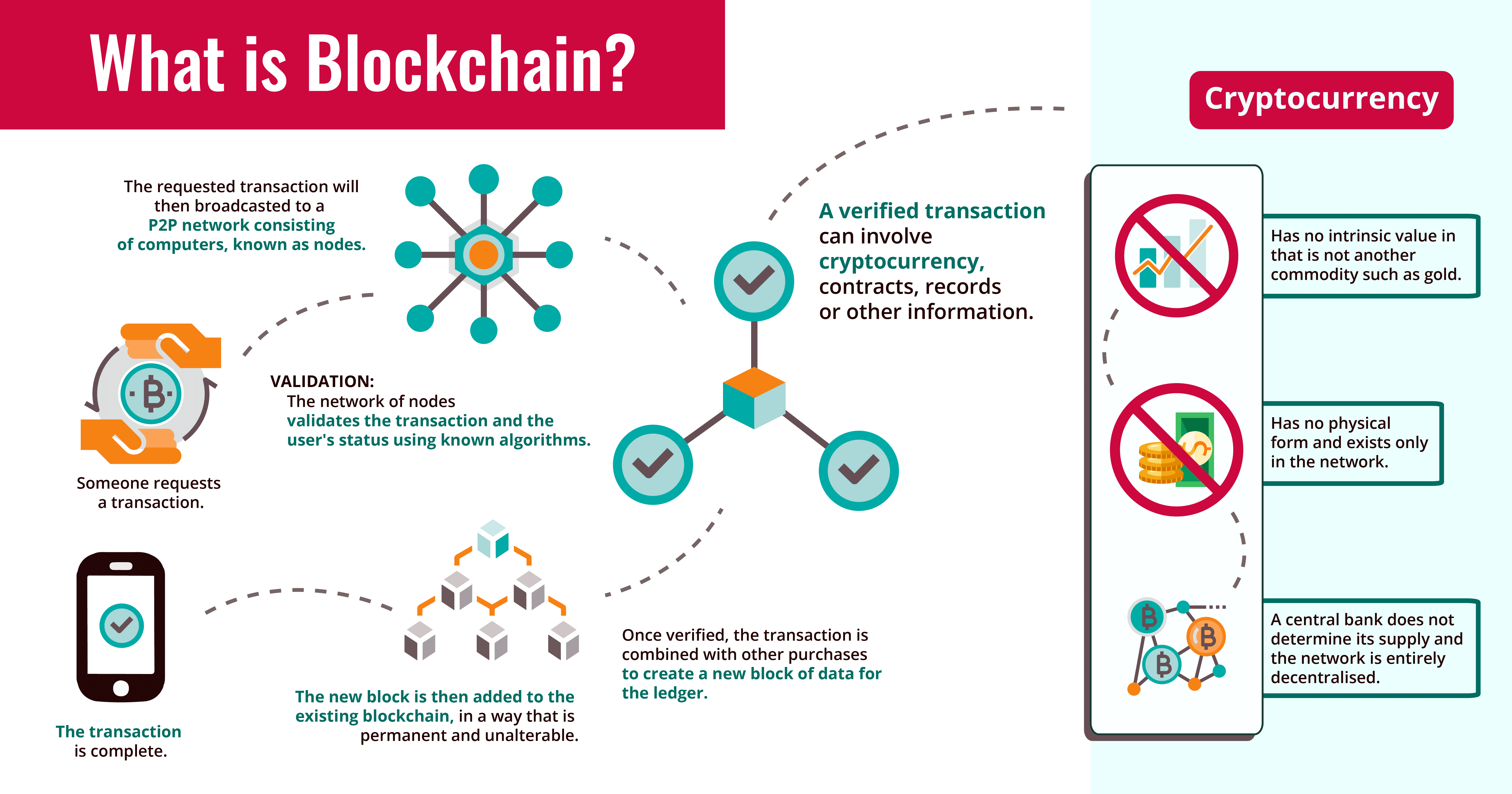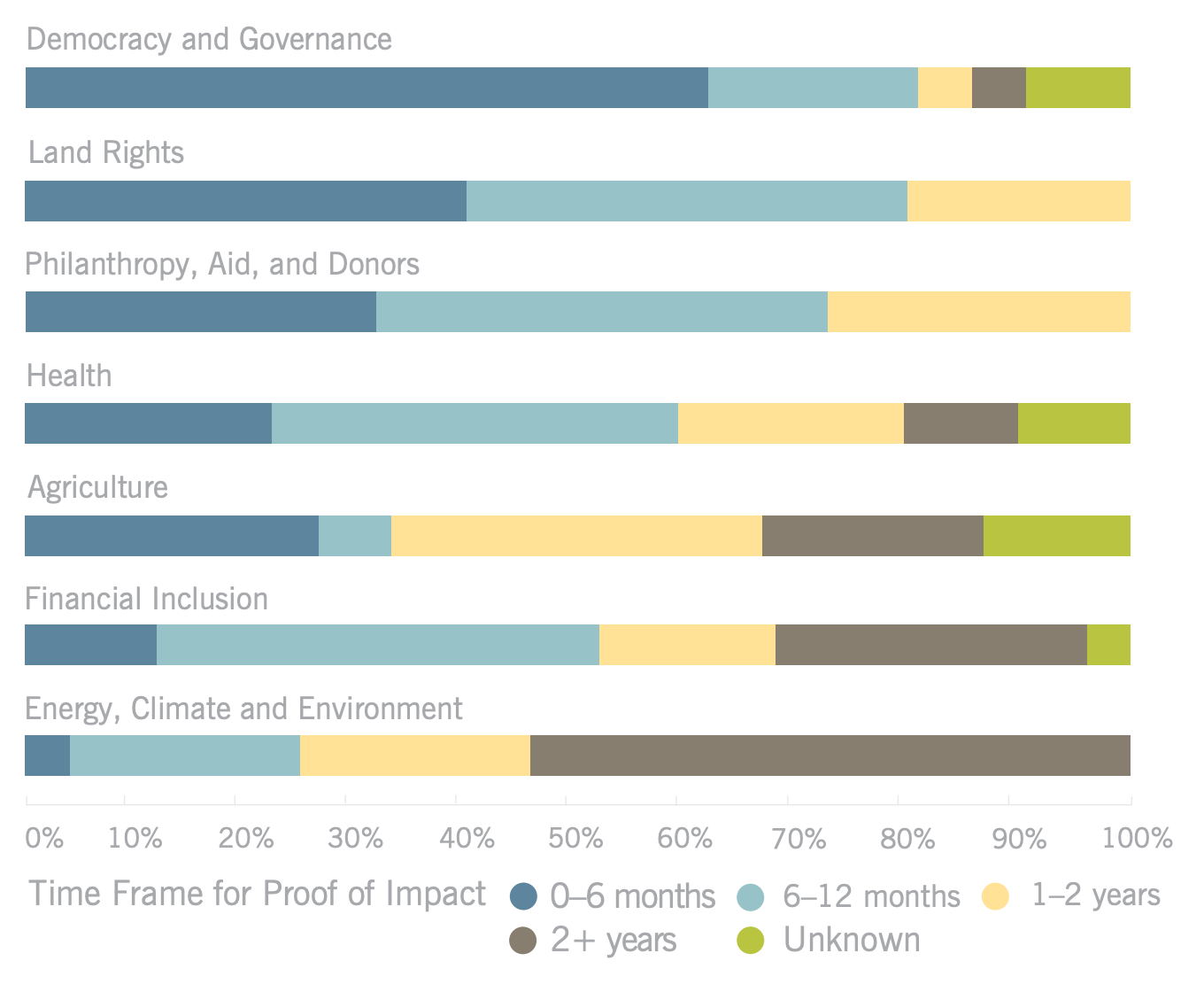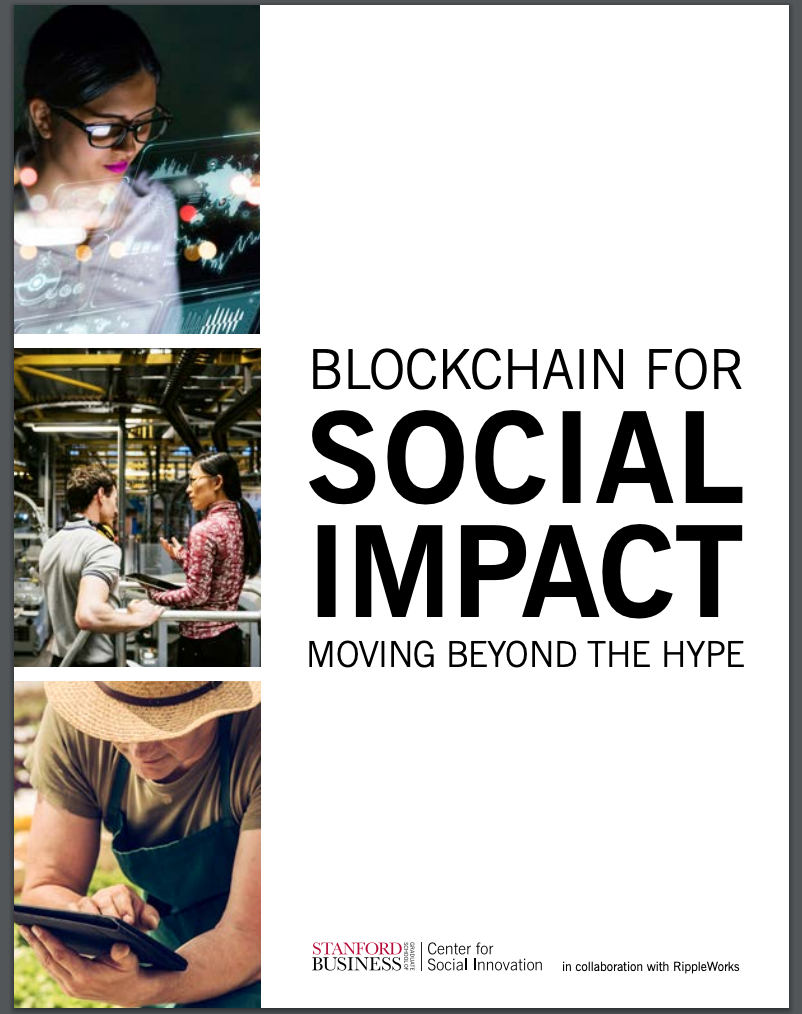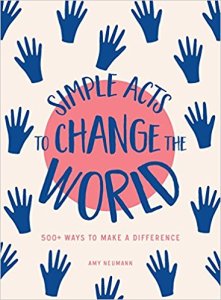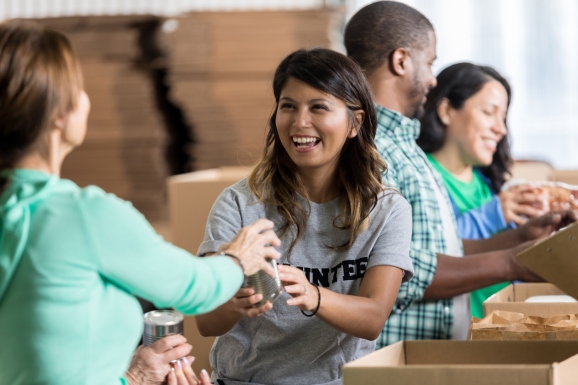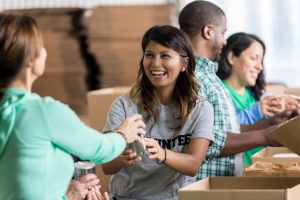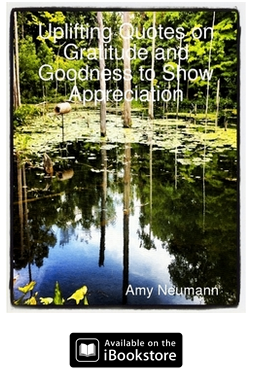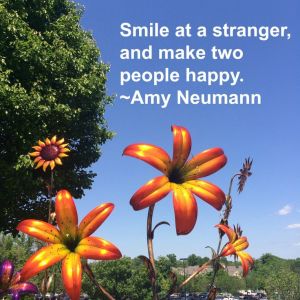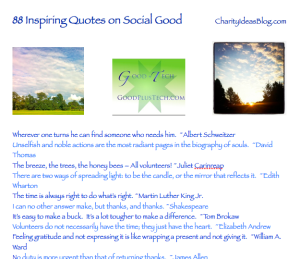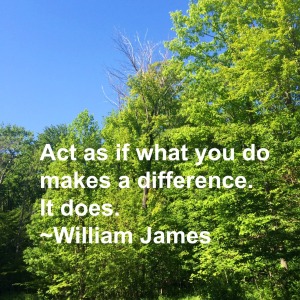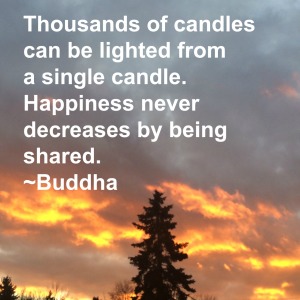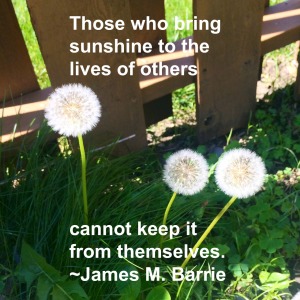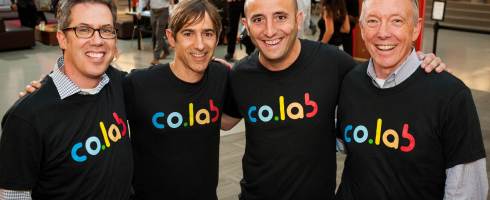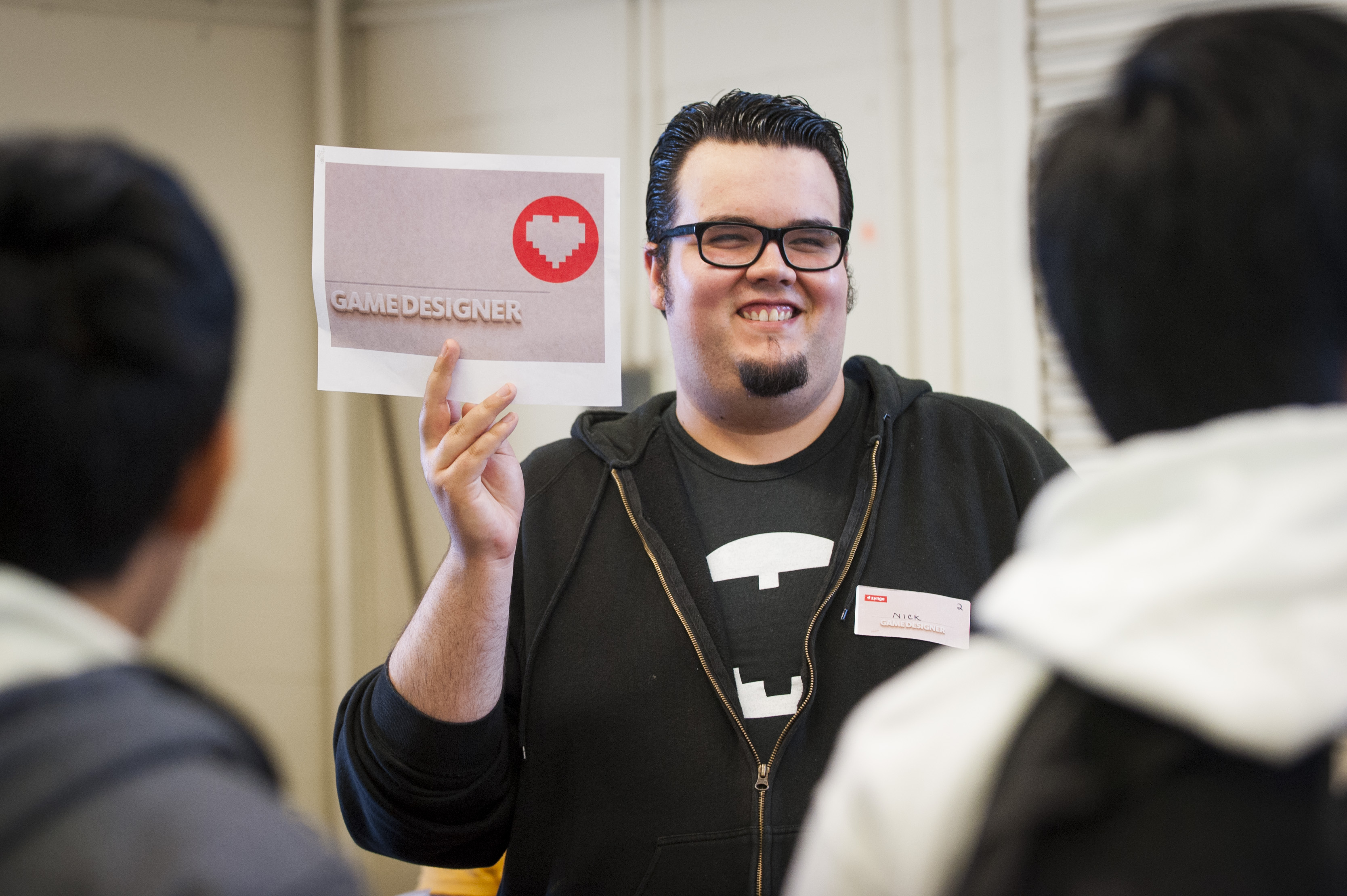As you know if you read or follow anything I do, technology for Social Good and Impact is my life’s passion. Not for the technology itself per se, but because technology can help free up human time. And people – those with human time – are awesome. They are what keeps society going! And if that human time can be spent on things only humans can do (this is the mission of my nonprofit, Free Tech for Nonprofits) – it creates more impact. Things like comforting people or talking through challenging circumstances to see what the best path might be, or determining what resources are available to help with a trying time.
Technology is a tool and only a tool. But its value is that it can also save wear-and-tear on already over-taxed nonprofit staff. Technology can help sort documents, organize lists of donors and clients, create engagement with volunteers, reduce time and costs, and many other things.
If you want to learn more about how technology, including artificial intelligence (AI), can help your organization, please join my Wild Apricot national webinar, “8 Super Easy Tech Tools to Grow Your Membership and Motivate Your Volunteers,” on August 27, 2019, at 2pm EST. (You can listen later if you can’t join in person.)
Some of the tools I will talk about are also highlighted in the GuideStar article here. And you can also learn about other tools on Wild Apricot’s blog. TechSoup is a great resource as well if you are exploring ideas.
All of the tools have one thing in common: they solve common challenges I have faced with my nonprofit clients – and at my own nonprofit, and working for a nonprofit – repeatedly during more than two decades in the space. While you might feel like you are alone in having 100 things to do in a 90-thing day, rest assured that nonprofit professionals everywhere feel the same heavy weight. We’re trying to change the world! It’s hard. But I hope at least, that together we can find simple, effective ways to ease the burden a bit, and be more effective and more efficient. We can gain some time back, gain some sanity back, and keep fulfilling our dream of making the world a better place. We can #ChangeTheWorld!
If you have technology tools you love, I would love to hear about them and share them. Or if you are a technology provider and have free (a forever free version, not simply a free trial, please) technology, I welcome adding them to our resources. Please leave your ideas in the comments. Thank you! And keep on changing the world!
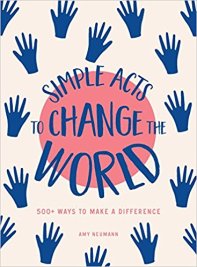
My book has 500 ways to help #changetheworld including leveraging technology for Good, and many volunteering ideas for groups, individuals, and kids. If you have a group that would like copies to raise funds for an event, I give away a limited number per year of signed copies for free. Please contact me and we will see what we can do. I appreciate you!
Please connect with me on Twitter @CharityIdeas, CharityIdeas on Pinterest, and Amy Neumann on LinkedIn. Looking forward to talking with you!
Amy Neumann is a social good fanatic, striving world changer, and entrepreneur. Amy founded a start-up nonprofit called Free Tech for Nonprofits in 2017 and is CEO of the social enterprise consultancy Good Plus Tech, with a focus on emerging technologies like blockchain and artificial intelligence for social impact. In 2018 Amy published a Simon and Schuster book, “Simple Acts to Change the World: 500 Ways to Make a Difference,” as a tribute to social good, social justice, and volunteering ideas gathered over two decades in the space.

